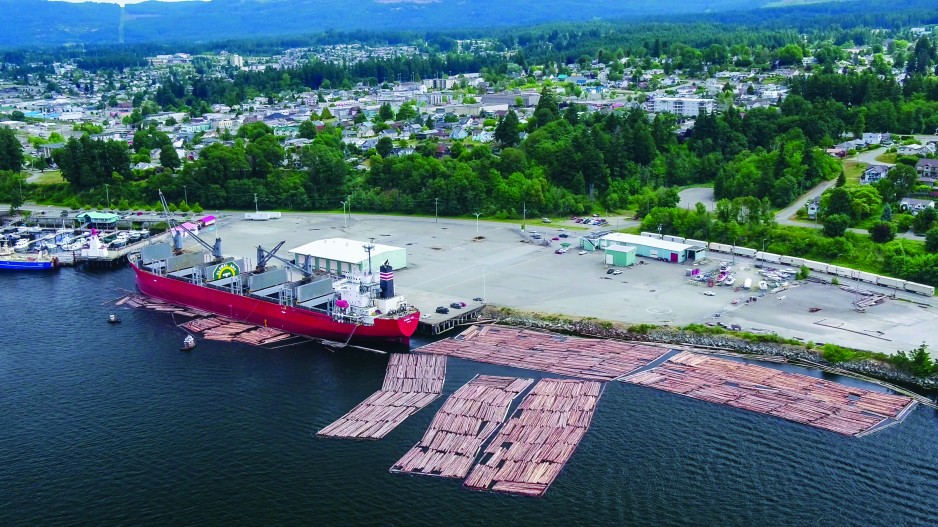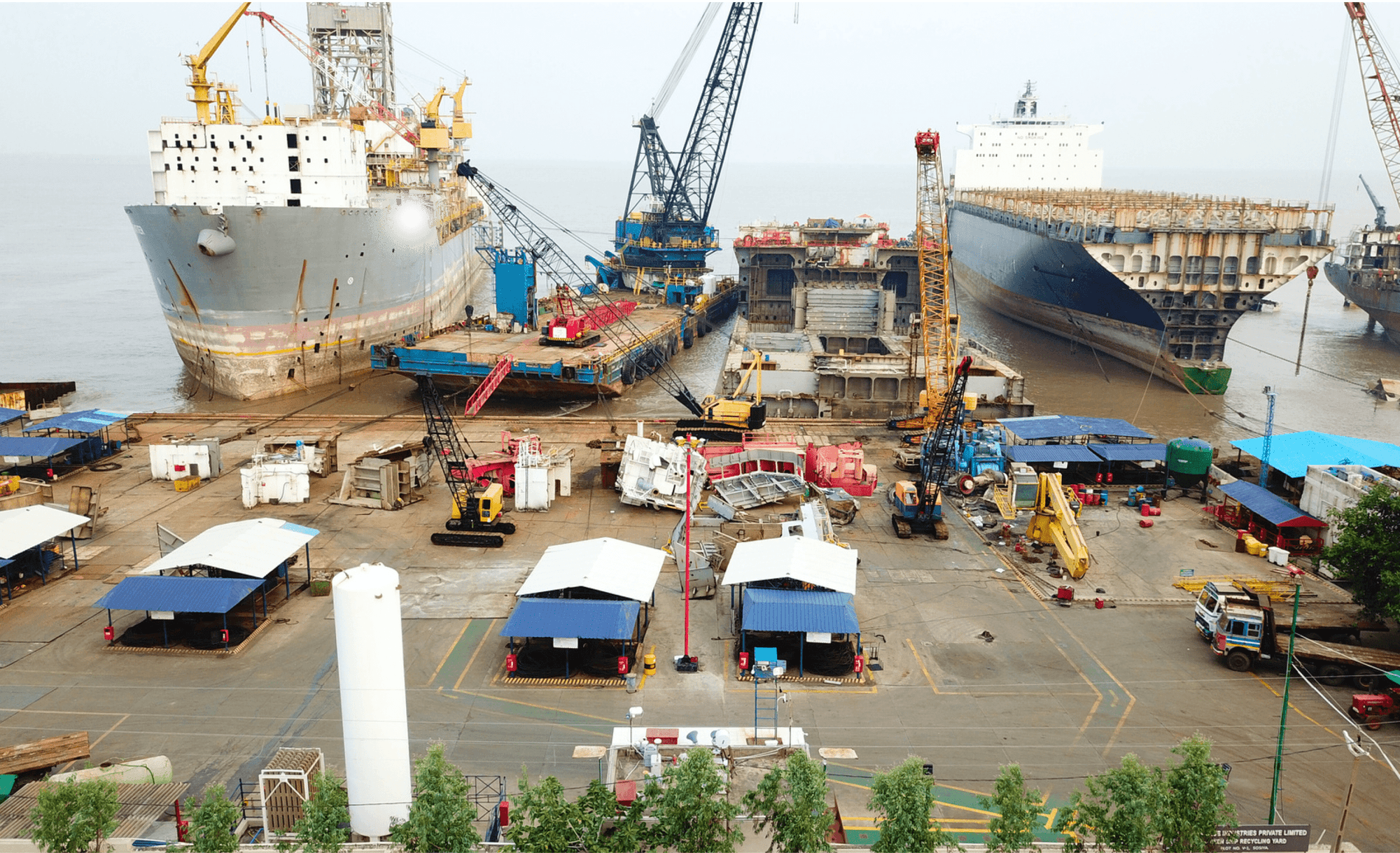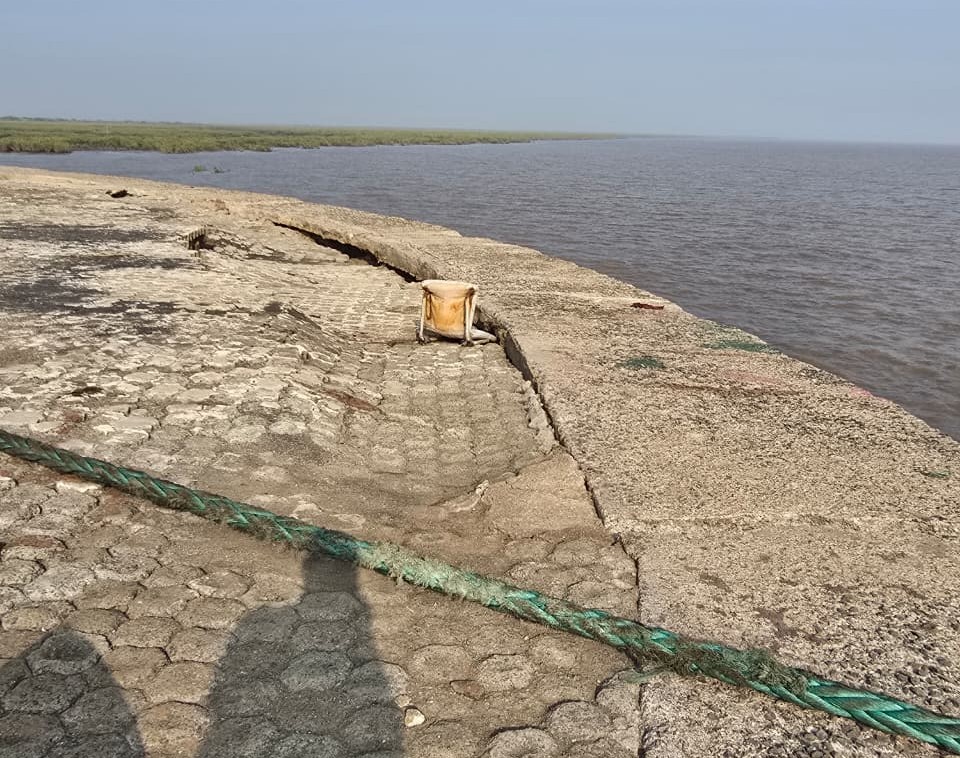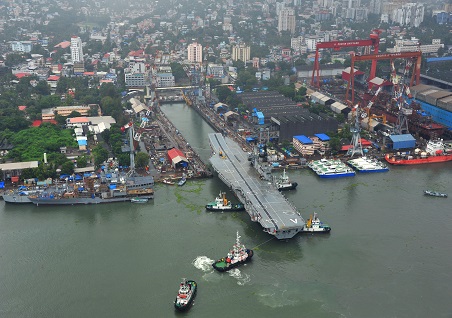B.C. Leaders Unite to Propose Ship Recycling Hub in Port Alberni
A growing coalition of political leaders, Indigenous representatives, and industry experts is calling for the creation of a major ship recycling hub in Port Alberni, British Columbia — a proposal they say could transform the West Coast’s maritime industry while addressing a looming environmental and economic challenge.

With nearly 900 vessels across British Columbia nearing the end of their service life, the province faces a mounting question: where, and how, to safely dismantle and recycle these aging ships. Currently, many vessels are towed thousands of kilometres away — often to Canada’s East Coast — for dismantling, at enormous cost.
Federal NDP MP Gord Johns, who represents Courtenay–Alberni, believes it’s time to bring that work home. He is spearheading a push to establish a “nation-building” ship recycling facility on Vancouver Island, with Port Alberni as the proposed location. The initiative has gained momentum with support from B.C. MLA Josie Osborne (Mid Island–Pacific Rim) and a leadership group that includes First Nations chiefs, local government representatives, environmental organizations, and maritime industry leaders.
“Everybody agrees that it’s ridiculous that we’re spending millions just to tow vessels to the East Coast to be recycled,” Johns said. “We need to do it here on the West Coast — responsibly, sustainably, and in a way that creates jobs and opportunities for coastal communities.”
Under current conditions, ship recycling for West Coast vessels involves lengthy and expensive logistics. Johns pointed to B.C. Ferries’ retired vessel Queen of Burnaby as an example of the problem. Recycling the ferry, he said, would cost around $10 million, with roughly half that amount spent just on towing the ship through the Panama Canal to Halifax, Nova Scotia.
“Not only is that a waste of public funds,” Johns added, “but it also increases emissions and deprives our local workers of good-paying jobs.”
The Island Coastal Economic Trust (ICET) — a provincial development organization helping to coordinate the planning group — estimates that more than 90 of the aging ships exceed 500 tons in size. These include ferries, Coast Guard vessels, tugs, and commercial fishing boats.
With so many ships expected to be decommissioned in the next decade, proponents argue that developing a West Coast recycling hub is both an economic necessity and an environmental responsibility.
For Johns and Osborne, Port Alberni stands out as the logical site for such a facility. The coastal community of about 26,000 residents, located 140 kilometres northwest of Victoria, offers a combination of infrastructure, workforce readiness, and geographic advantage.
“Port Alberni has an underutilized deep-sea port in an affordable city,” Johns said. “It has highly skilled tradespeople, welders, and marine workers who are ready to go. And it’s also within reach of the big shipyards in Victoria and Vancouver.”
Local leaders say the proposal could breathe new life into the community’s maritime and industrial base, once a cornerstone of Vancouver Island’s economy. Port Alberni has been seeking ways to diversify after decades of decline in the forestry sector, and a green ship recycling industry could provide a new, sustainable avenue for growth.
“Establishing a ship recycling hub here would create good local jobs, attract investment, and align with our climate goals,” said Osborne. “It’s the kind of forward-thinking project that supports both economic resilience and environmental stewardship.”
Beyond its regional benefits, supporters see the Port Alberni project as a national opportunity — one that could position Canada as a leader in safe, sustainable ship recycling.
The call for a West Coast facility aligns with broader federal priorities on circular economy initiatives, marine pollution prevention, and green industrial development. With the federal budget process underway, Johns is urging Ottawa to invest in expanding dry-dock capacity and to include ship recycling infrastructure as part of the country’s blue economy strategy.
“We already have the talent, the technology, and the will,” Johns said. “What we need now is federal leadership and investment to make this a reality.”
Canada currently has limited large-scale ship recycling capacity, concentrated primarily in Eastern Canada. The absence of a comparable facility on the Pacific Coast has forced vessel owners — including B.C. Ferries, the Canadian Coast Guard, and private operators — to incur steep costs or delay decommissioning altogether.
Experts say establishing a West Coast recycling hub could shorten turnaround times, lower carbon emissions, and set a higher environmental standard compared to overseas shipbreaking yards, many of which operate under weaker regulations.
Ship recycling, when done properly, allows for the recovery of valuable materials such as steel, copper, and aluminum, while ensuring that hazardous substances like asbestos, fuel residues, and oils are safely contained and disposed of.
Environmental advocates involved in the planning group emphasize that the Port Alberni project must adhere to strict international standards, including the Hong Kong International Convention for the Safe and Environmentally Sound Recycling of Ships, which Canada has pledged to support.
“This is about building a model facility that sets the gold standard for responsible recycling,” said one environmental advisor. “We want a site that protects workers, protects the ocean, and keeps resources circulating within Canada’s economy.”
In addition to environmental benefits, the facility could stimulate hundreds of direct and indirect jobs across the marine, construction, and logistics sectors, while supporting training programs for local youth and Indigenous workers.
The group advocating for the Port Alberni ship recycling hub plans to present its detailed proposal to the federal government in the coming months. Early-stage feasibility studies and site assessments are expected to begin once funding and regulatory approvals are secured.
If realized, the project could mark a major milestone for British Columbia’s maritime industry — turning a costly disposal problem into an engine for sustainable growth.
As Johns put it, “This is about reclaiming our capacity to manage our own vessels, create local jobs, and build a greener future for our coastal communities. It’s time for ship recycling to come home to the West Coast.”
Author: shipping inbox
shipping and maritime related web portal









